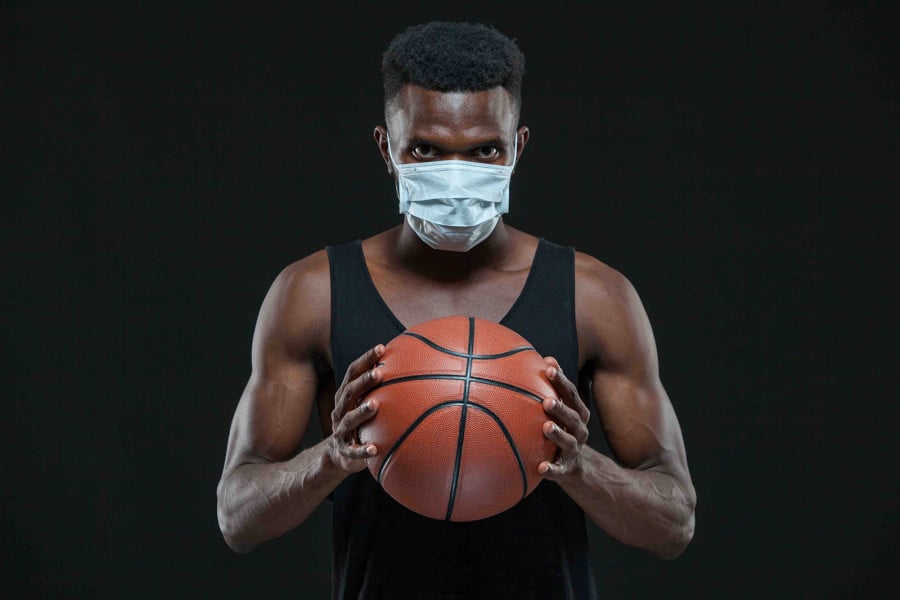Fired for breaching coronavirus rules: key points from the Joshiko Saibou case

The authors’ prior article (available here[1]) discussed how German professional basketball player, Joshiko Saibou, had his employment contract terminated by his club, Telekom Baskets Bonn, for publicly stating that he disagreed with coronavirus restrictions and attending a rally protesting against the same. The case was controversial as the Baskets fired Saibou with immediate effect and without first giving him a warning notice about his behavior (which is generally required under German law prior to the extraordinary termination of an employment contract). The reason the club appeared to rely on for taking such drastic action was that Saibou posed an immediate health risk to their players, staff and competitors.[2]
At that point in time, Saibou had appealed his dismissal to the local labour court in Bonn claiming that the extraordinary termination was unlawful because (1) he was exercising his constitutional rights to free speech/expression, and (2) he had not been served with a warning notice. Rather than asking for his contract to be reinstated, Saibou instead claimed compensation for the time remaining under his contract (i.e. 11 months’ pay) as both parties agreed that the relationship of trust between them was severely damaged and that Saibou’s services were no longer required by the club. Saibou also wanted the court to state that his behaviour was legal and that he should not be branded as a “walking” health risk to others as it affects his employment opportunites.[3] On 19 November 2020, after the second day of the hearing, Saibou and Telekom Baskets reached a private, out-of-court settlement in the matter.[4]
Despite the fact that the case ended behind closed doors and without a full judgement, there are a few interesting points to discuss arising out of the court’s initial directions – especially, considering how the settlement was reached.
To continue reading or watching login or register here
Already a member? Sign in
Get access to all of the expert analysis and commentary at LawInSport including articles, webinars, conference videos and podcast transcripts. Find out more here.
- Tags: Basketball | Contract | Coronavirus | Employment Law | German Constitution | Germany
Related Articles
- Freedom of speech vs. employment obligations in Germany – the cases of Joshiko Saibou & Jadon Sancho
- A guide to the new immigration rules for players coming to the Premier League and EFL
- Creating a level playing field? Athletes turning to courts to protect their employment law rights
Written by
Ansgar Faßbender
Ansgar Faßbender, LL.M. currently works as a trainee lawyer for Bird & Bird in the Media, Entertainment and Sport practice group in Düsseldorf, Germany. He supports the practice group primarily in advising various associations, clubs and agents on relevant legal matters. He also assists arbitrator Prof. Dr. Martin Schimke, LL.M. in proceedings at the Court of Arbitration for Sport (CAS) in Lausanne. Ansgar regularly speaks at sports conferences focusing on the law governing football intermediaries.
Dwayne Bach
Dwayne Bach is a doctoral candidate at the chair of civil and intellectual property law of Prof. Dr. Jan Busche in Düsseldorf. His work focuses on the limitations in copyright and competition law for publishers in esports. In addition, he has published several articles on different sports law issues.


 Global Summit 2024
Global Summit 2024